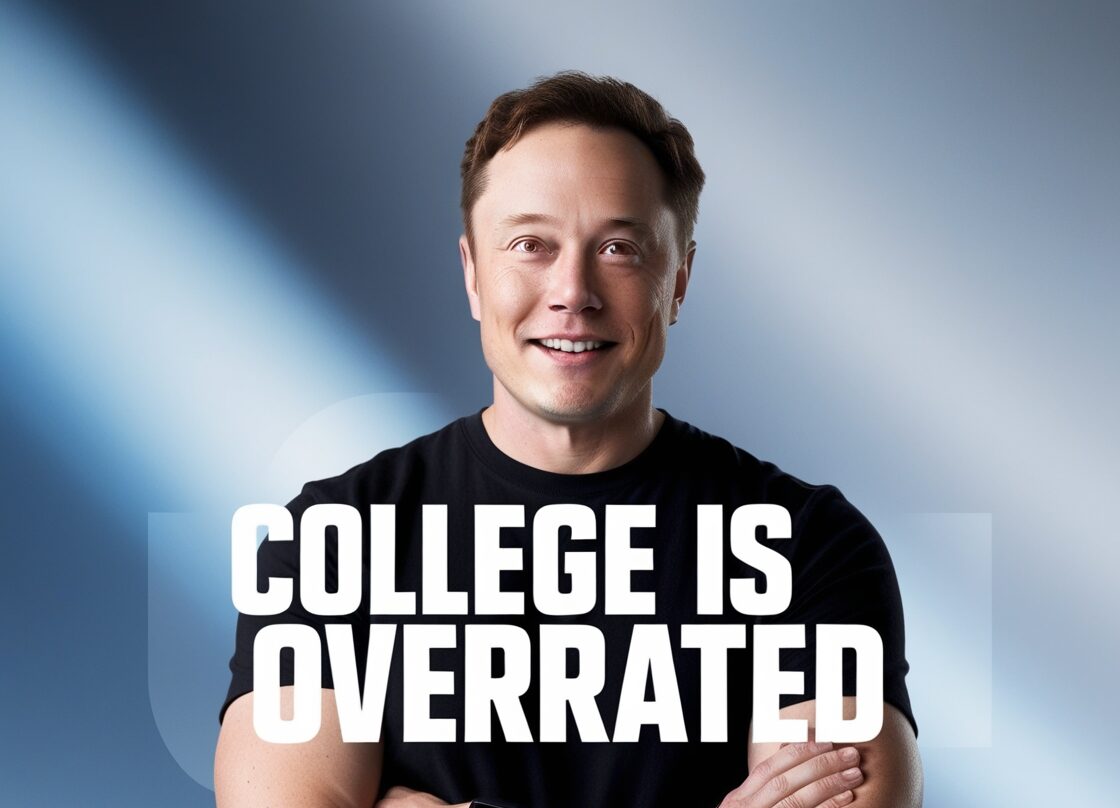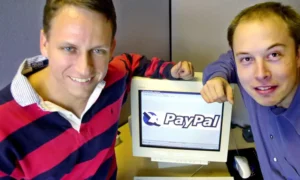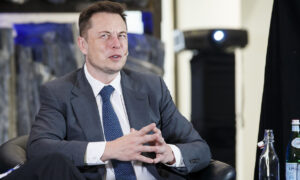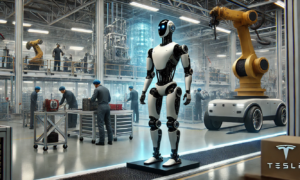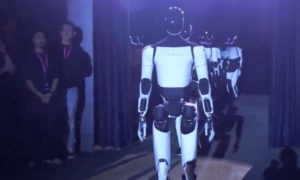Elon Musk has once again expressed his views on the declining value of traditional education, asserting that a four-year college degree is not a key factor in achieving success. Sharing his perspective on X (formerly Twitter), Musk called college “overrated” in a post that followed his appearance at a 2024 presidential campaign event in support of Donald Trump.
During the event, Musk voiced his long-standing opinion that college degrees are often overemphasized, leading people to pursue education that results in substantial debt but few practical skills. He stated, “Too many people spend four years, accumulate a ton of debt and often don’t have useful skills that they can apply afterwards.”
Musk, who has built his empire through innovation and entrepreneurial ventures, further elaborated that there’s immense value in skilled trades like electricians, plumbers, and carpenters. He highlighted how these hands-on professions are often more essential than certain academic degrees, saying, “I have a lot of respect for people who work with their hands… that’s a lot more important than having incremental political science majors.”
Musk’s remarks align with his broader philosophy that success is not dependent on traditional education. He has frequently emphasized the importance of skills, experience, and innovation, encouraging people to pursue practical knowledge that can be directly applied in real-world scenarios.
He concluded his statement by challenging the widespread belief that a four-year degree is a prerequisite for success, calling for a cultural shift in how society views education and career paths. “I think we should not have this idea that in order to be successful you need a four year college degree,” he remarked, reaffirming his commitment to disrupting conventional thinking on education.
As someone who has risen to the top of the business world without placing undue emphasis on academic credentials, Musk continues to advocate for alternative routes to success that focus on skills, innovation, and the ability to adapt to changing industries.

